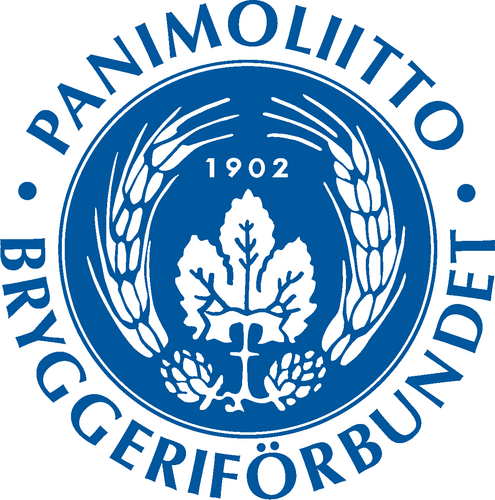Tiedote -
The carbon footprint of breweries has declined since 2001
In the period from 2001 to 2012, the carbon footprint of Finnish breweries decreased by 4 per cent. A master’s thesis completed at the University of Helsinki indicates that the major reason behind the lower footprint is the decline in direct CO2 emissions from the use of electricity and heating energy. This was the first time that the carbon footprint of the Finnish brewing industry has been calculated.
The study calculated the carbon footprints of five different categories of materials: beverage raw materials, packaging materials, energy, wastes and direct carbon dioxide emissions. These categories were used to determine the carbon footprint of the entire brewing industry. The study shows that the carbon footprint of wastes has declined, while that of packaging materials has increased. The carbon footprints of direct CO2 emissions and energy use have declined quite steadily. The carbon footprint of beverage raw materials has not seen significant changes.
“The study calculated, for the first time, a carbon footprint for the brewing industry that accounts for all beverage groups. Previously, only the carbon footprint of beer had been studied. The industry’s carbon footprint is at a good level particularly thanks to the state-of-the-art recycling of beverage containers,” says Pia Karjalainen, the author of the master’s thesis.
Breweries and the retail sector have pioneered the development of bottle return systems. Almost all beverage container recycling in Finland is currently handled by Suomen Palautuspakkaus Oy (Palpa) and the Ekopullo Association, which operates in connection with Palpa. Breweries are members of Palpa.
“Finland has one of the world’s best deposit-based bottle recycling systems. Compared to other types of packaging, deposit-based beverage containers represent a pioneering approach to recycling. The total return rate of beverage containers in Finland is over 95 per cent,” says Anders Grönqvist, Development Manager at Sinebrychoff.
Booze cruises undermine environmental efforts
The study used the environmental balance sheet compiled by the brewing industry as data. The environmental balance sheet indicates the amounts of raw materials, energy and other materials the industry uses per litre of beverage produced, and the amounts of materials that are left over from production in the form of emissions, waste water and landfill waste.
“Breweries have worked hard to minimise their environmental impacts, but imports of alcohol from Estonia by private travellers undermine these efforts. Alcohol tax hikes, in particular, have contributed to the popularity of booze cruises. Legislation has a broad range of impacts on industry, even on its carbon footprint, and the consequences should be weighed more carefully before decisions are made,” says Elina Ussa, Managing Director of the Federation of the Brewing and Soft Drinks Industry.
The study aimed to assess quantitative changes in the carbon footprint of the Finnish brewing industry. The study is based on data sourced from Finland’s three largest breweries, covering the years 2000-2012. The figures for 2000 are not fully comparable, as they do not account for transport and energy use. The calculations used the life-cycle assessment method of the CCalC tool. The results indicate changes in the carbon footprint, but should not be examined as absolute values.
Additional
information:
Author of the master’s thesis
Pia Karjalainen, pia.karjalainen@helsinki.fi
The
Federation of the Brewing and Soft Drinks Industry
Managing Director Elina Ussa, tel. +358 (0)45 269 7711
Communications Manager Outi Heikkinen, tel. +358 (0)50 370 8677
Sinebrychoff
Development Manager
Anders Grönqvist, tel. +358 (0)9 294 991 (exchange), GSM +358
(0)40 535 0635
www.panimoliitto.fi, www.kohtuullisesti.fi,
www.maljasuomelle.fi
Twitter: @panimoliitto, Facebook: www.facebook.com/panimoliitto
Aiheet
- Ympäristö, energia
Kategoriat
- federation of the brewing and soft drinks industry
The Federation of the Brewing and Soft Drinks Industry promotes the interests of producers of beer, cider, long drinks, soft drinks and mineral waters in Finland. Its members are Oy Hartwall Ab, Mallaskosken panimo, Nokian Panimo Oy, Olvi Oyj, Saimaan Juomatehdas, and Oy Sinebrychoff Ab. The Federation of the Brewing and Soft Drinks Industry operates in connection with the Finnish Food and Drink Industries Federation and represents Finland’s fourth largest industry in the food and drink branch in terms of the value of production.
